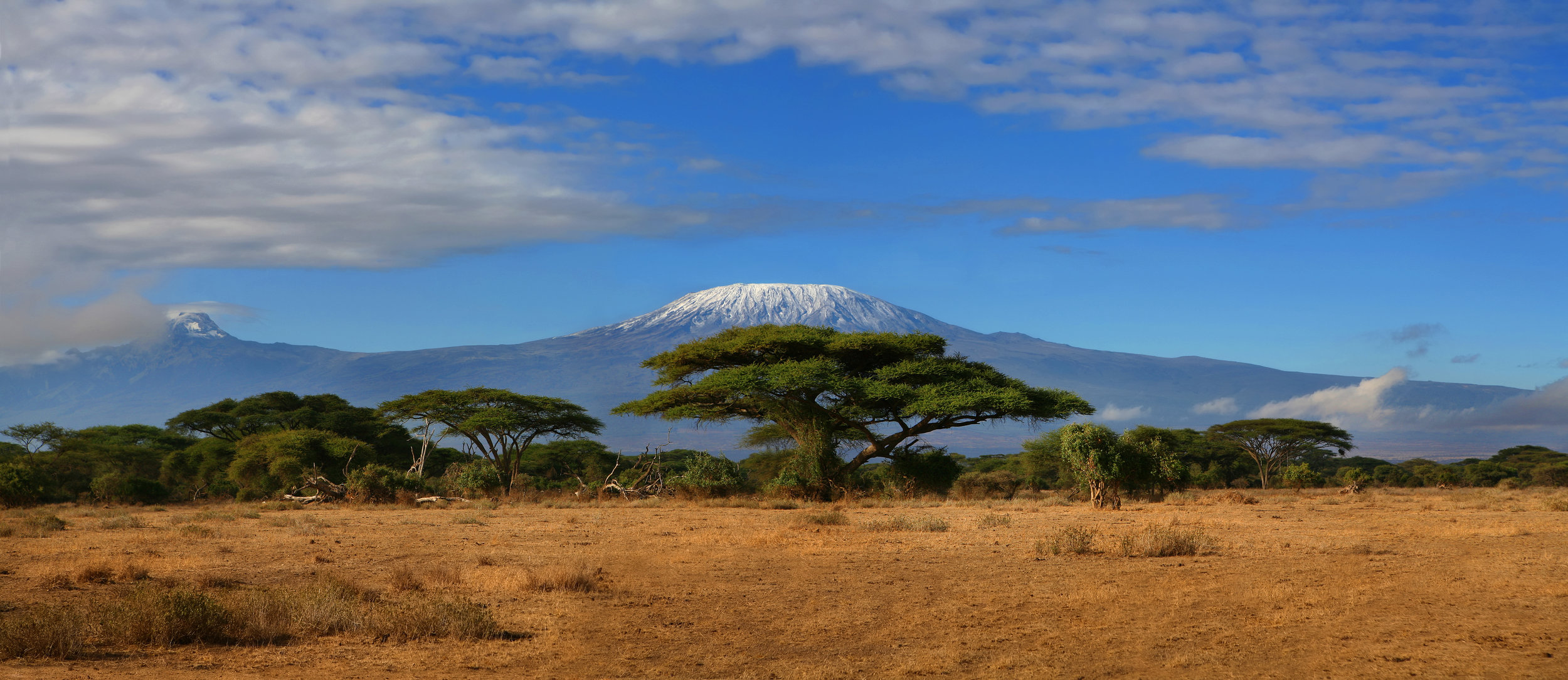Kilimanjaro: A trek and so much more
Climbing Kilimanjaro is undoubtedly one of my proudest achievements. I particularly struggled with altitude sickness, and I definitely wasn’t as fit as I could have been, and yet I am proud to say that I reached the peak. Of course, reaching Uhuru Peak was an unforgettable experience, but I often feel that too much emphasis is put on this aspect of the challenge. People often overlook what else the Kilimanjaro challenge has to offer, besides the trek itself. Let me show you why else you should consider signing up…
1. The fundraising. Yes, climbing Kili was extremely difficult, but so was the year spent fundraising before it! Raising thousands of pounds is not an easy undertaking, and should not be agreed to without thinking. Standing in the freezing cold during bucket collections, waking up at 4am to make sure I’m at tube station before rush hour during the London Loot, spreading the word to friends and family… It takes time, it takes effort, and above all, it takes determination. And yet I managed it and so have thousands of students before me and so will thousands of students after me. I remember being so nervous during my first bucket collection! What a confidence boost it was when I brought the bucket back to my charity’s representative and we found out how much money I had raised!
Knowing that I’ve raised not only money, but also awareness, for the Meningitis Research Foundation makes me extremely proud. I still keep tabs on the charity on social media, and still read their newsletters, because I’m proud of the fact that I have had a positive impact, no matter how small, and I hope that others will continue to do the same. This is something worth celebrating, and forms a massive part of why you should sign up to a challenge.
2. The training. Now although I did train, I do wish that I had dedicated more time. Those who train more, can enjoy the trek more. Take this opportunity to build up a training routine which you may wish to continue even after your trek is over. It’s a way of inserting exercise into your lifestyle, so if not for anything else, do a trek to make yourself happy!
3. The preparation. Frankly, I had no idea what I was doing in the months leading up to the challenge. People were throwing words around like vaccinations, visas, equipment, etc., and all I could think was, ‘God knows how I’m going to get all of this done’. After some research, I soon realised that all of the information I need is readily available for me, I just have to actually read it! Choose a Challenge send out regular emails to help get their students prepared, they have so many relevant blogs which only take a few minutes each to read, and they have an extremely concise briefing pack which I refer to as my ‘Kili Bible’. After going through all of these, I knew exactly what I had to do. It took no time at all to get my visa, I got my vaccinations sorted, and I knew exactly what equipment I wanted to rent and what I’d buy beforehand. The point is, I became resourceful. I went from knowing nothing to being fairly confident that I was prepared for my challenge, and I’m happy I put myself in a position where I could achieve that level of satisfaction.
4. The culture. I’d never stepped foot in Africa before and before I knew it I was at Kilimanjaro Airport, a week away from standing on the Roof of Africa. Probably one of the best aspects of the Kilimanjaro trek was the time spent in Tanzania, and interacting with the people in Moshi. They were so lovely, and really made us all feel comfortable. I learnt so much about the standard of living there. It was especially shocking when we were told that people in Moshi had much better lives than most people elsewhere in Tanzania. It’s important to be culturally aware, and I don’t think I paid enough attention to this until then. The guides in particular I feel especially grateful for. I suffered massively from the altitude sickness, so much so that one of the guides basically carried me back down after reaching Uhuru Peak. Their repetition of ‘pole pole’, meaning ‘slowly slowly’, as we climbed was almost like an anthem encouraging us to get to the top. As a 20-year-old student, it isn’t often that I get the opportunity to live outside my own bubble, but having done this challenge, I can truly say that I am not the same person I was before embarking on this voyage.
Do yourselves a favour, and sign up. It’s worth it!

